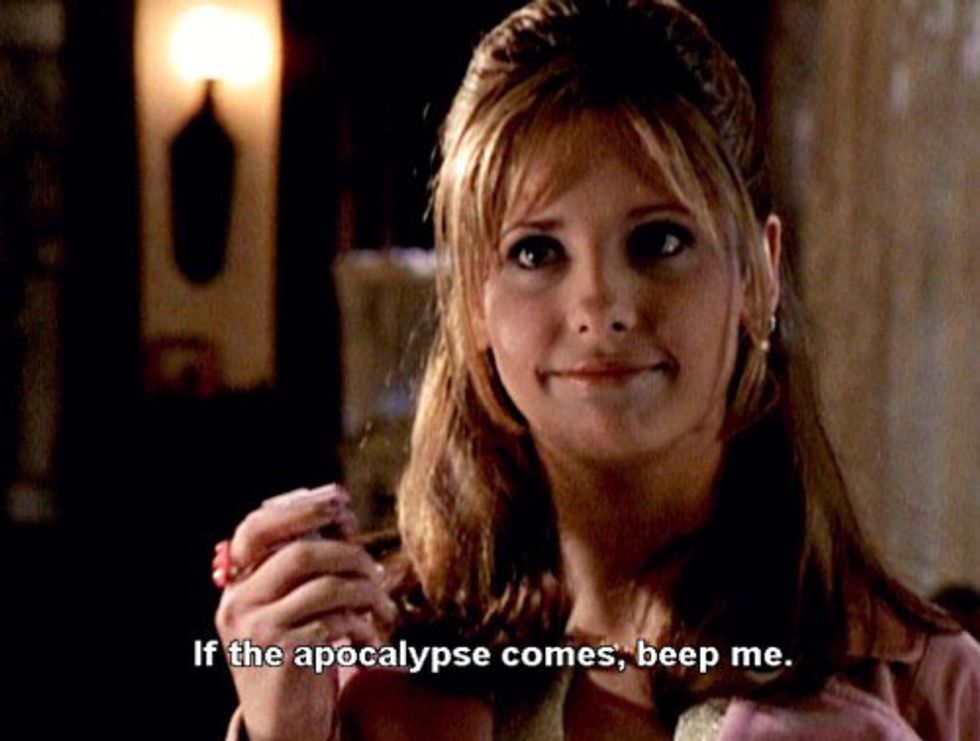Going to college to get a degree in any liberal arts or humanities subject seems to be an invitation for doubters and critics alike to question that major’s practical use. Even psychology is questioned to an extent as well – but often not as much as supposed “useless” majors like creative writing, media studies, or philosophy. Even with my own school having to cut some of the humanities majors (English and philosophy) due to financial issues, we also cut a few majors which are generally regarded as more useful (accounting, public health, and healthcare management). It appears that even with the supposed uselessness of many of the humanities, people want to major in those subjects – and are getting jobs in those fields. Here are some of the most common questions I get as a humanities major myself.
1. Why would you want to major in the humanities?
For one thing, I chose creative writing as my major because I like learning about, analyzing, and creating literature. Ideally, I’d like to be a freelance writer when I graduate, and studying creative writing in college gives me the connections I need while teaching me to be a better writer. I imagine other humanities majors have similar reasons.
2. What are you going to do after you graduate?
I plan to find a job in either publishing, education, writing movie scripts, or else working any other writing related job while I attempt to publish my writing (which I wouldn’t be paid to write until I sell copies after publication). Other humanities majors probably have similar plans.
3. So you want to be an English teacher?
First of all, if teaching English classes was my end goal, I’d be majoring in English. But then again, there are plenty of English majors within the humanities department. Most of them probably aren’t planning to be English teachers – it may happen at some point, but even among English majors, most humanities majors are probably more interested in freelance writing, journalism, or the film industry.
4. Are you going to be able to find a job after you graduate?
First of all, I have a job right now. Secondly, creative writing majors graduating from my college are apparently more likely to be hired immediately after graduation than business administration majors. This is because creative writing, like the other humanities majors, first teaches students to think critically. And with increasing outsourcing and technological advancement, critical thinking is probably one of the most marketable skills today. Still, it's hard to find a job applying to just about any degree at this point in time.
5. How come you don’t have any final exams? Lucky…
None of the classes I take for my major or minor involve any kind of exam. The only exams I take are for liberal education requirements or the occasional elective. Instead, I have to write papers. I’ll have so many Microsoft Word pages open leading up to finals week that they’re stacked top-to-bottom with just the name of the document instead of windows by the bottom of the screen showing what my document looks like. I may not have an exam in every class, but I’ll need to write a paper for my English class, a paper for philosophy, a portfolio of whatever writing I’ve done over the course of the semester, and something for whichever other class I’m taking (this will be either a liberal education requirement or an elective, and electives that interest me often involve papers as well).
6. Why are there only four people in your major graduating in the same year as you?
This probably only applies to small colleges. I’m guessing this is another reason why humanities majors are getting hired: there aren’t a lot of us. I’m guessing the reason there are so few of us is because people think no one wants to hire humanities majors, even though this isn’t really the truth. But there are only three people in my major who I’ll be graduating with. It’s just been us so far, and at this point, unless we get a transfer student, or if someone changes their major, it’s just going to be us when we graduate. It’s actually really nice though – we’ve gotten to know each other really well, and we’ve really become a squad over the past year and a half.

























